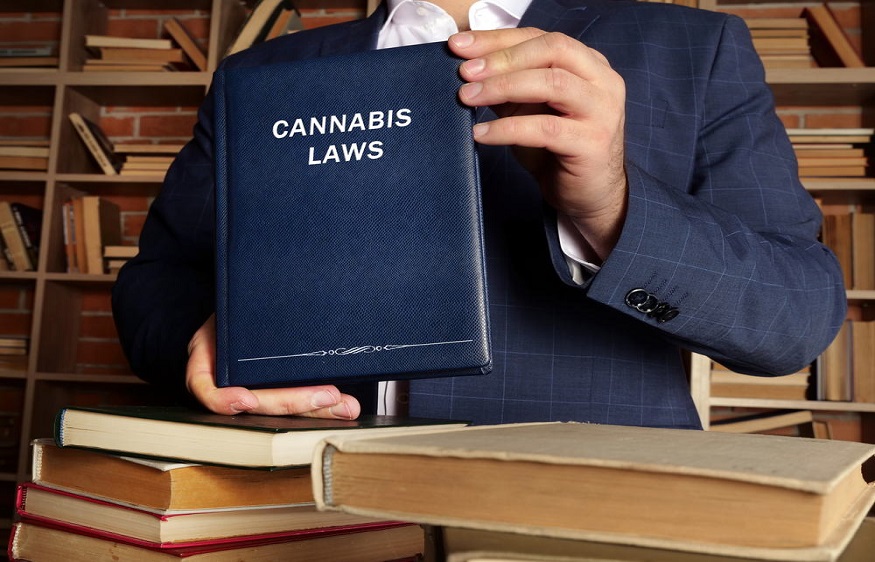You and I can get just about anything delivered right to our front doors. If it fits on the back of a truck, we can probably get it delivered. Still, some things are easier to deliver than others. It is easier in most states to get a brand-new car delivered than a month’s supply of medical cannabis. Why? Two words: state regulations.
States with legalized medical cannabis feel the need to tightly regulate home delivery. As with most other things, some states regulate more tightly than others. But nowhere in the U.S. is it as easy to deliver cannabis as it is most other consumer products. That is just the nature of cannabis home delivery.
Trying to Prevent Trafficking
One of the top concerns state regulators face is the potential for home delivery to be used as a front for trafficking. It is a legitimate concern. Even in states where both medical and recreational cannabis are legal, trafficking continues. Cannabis is trafficked by unlicensed growers and distributors who take advantage of a strong black market.
If home delivery were left completely unregulated, traffickers could use delivery services as fronts for distributing illicit marijuana. If caught, they could still be prosecuted to the fullest extent of the law. It is just that unregulated delivery makes their illicit activities easier to pull off without getting caught.
Still a Cash Business
Another concern is the reality that medical cannabis is still largely a cash business. Because operators have trouble obtaining traditional banking services, they rely heavily on cash sales. As you can imagine, that creates some potential problems for delivery providers. Not the least of which is having to carry large amounts of cash in delivery vehicles.
With that in mind, Utah dispensary Beehive Farmacy says that Utah requires delivery companies to install certain types of equipment in their vehicles, equipment designed to protect drivers and reduce the risk of theft. Delivery vehicles must be unmarked and be equipped with security measures. Both product and cash must be kept secured while in delivery vehicles.
Preventing Interstate Transport
State regulators might also be concerned about interstate transport when crafting regulations for home delivery. Interstate transport is a federal crime. Not only that, but states with legal medical cannabis programs may also put language in their own laws preventing transport across state lines. That’s certainly the case with Utah.
All medical cannabis consumed in the state must also be cultivated and processed there. Even patients in rural areas are not allowed to have medical cannabis delivered from providers in neighboring states. Likewise, a Utah delivery company could not transport medical cannabis across state lines.
Don’t Forget Raising Revenues
In closing, no discussion of this sort would be complete without talking about revenues. State regulations are usually couched in the premise of protecting consumers and businesses. We get it. And in the case of regulating cannabis home delivery, a case can be made for protecting delivery companies and drivers. But regulators also use the ability to regulate as a means of raising revenue.
Delivery companies need to be licensed. That means they need to pay annual license fees. Some states require that drivers obtain special permits or license endorsements. They also pay a fee for that. Fees ostensibly go toward administering a state’s cannabis program. Whether or not they do in every case is another matter.
Regulating cannabis home delivery boils down to states wanting to maintain as much control as possible. Maybe they do so for the benefit of patients and providers. Perhaps there are other reasons behind it. You can decide for yourself.

